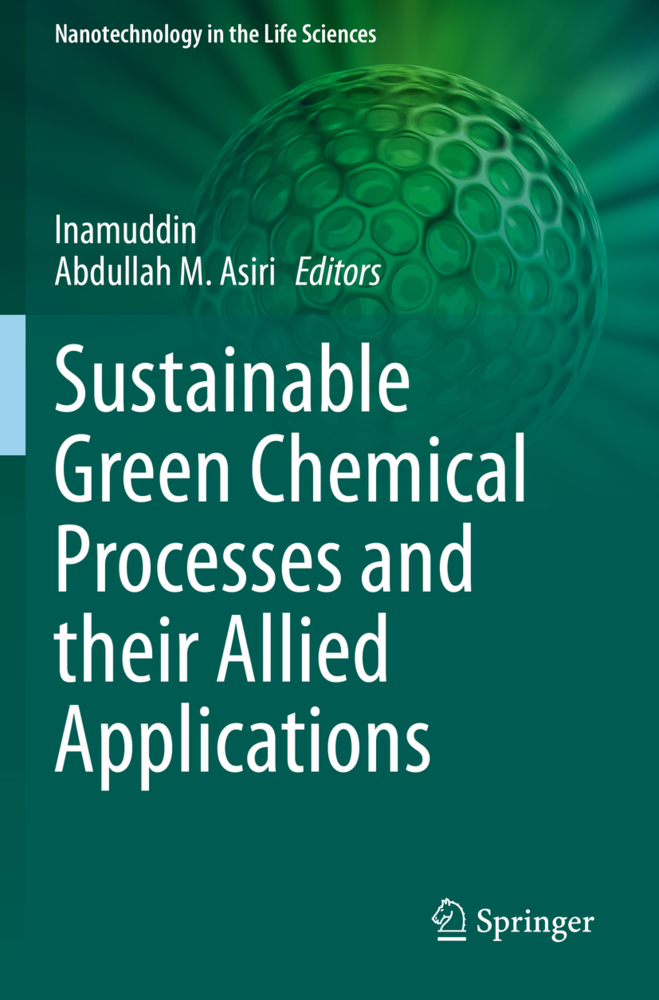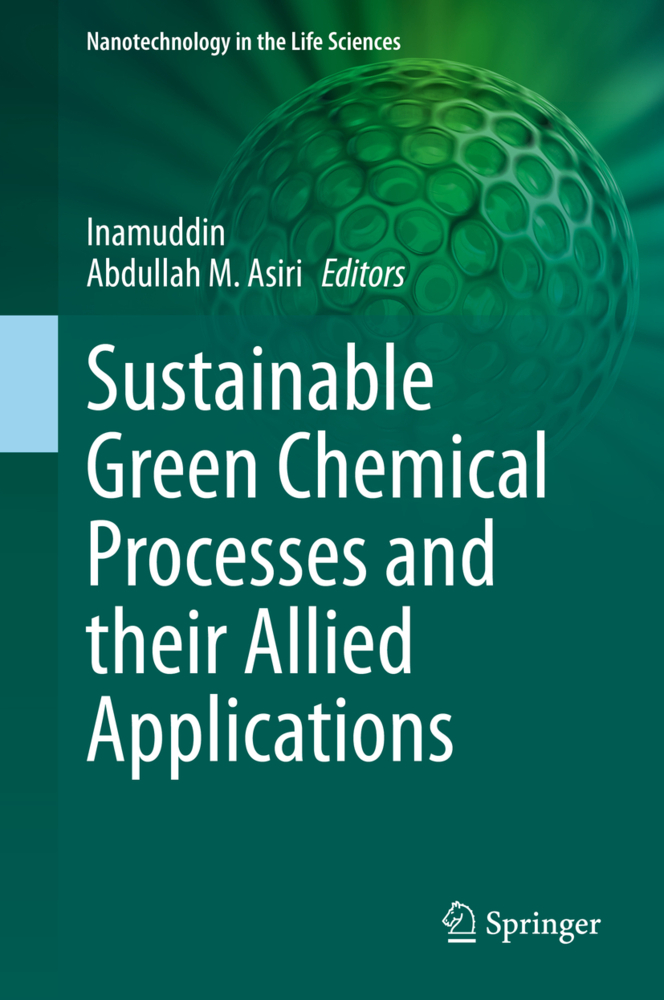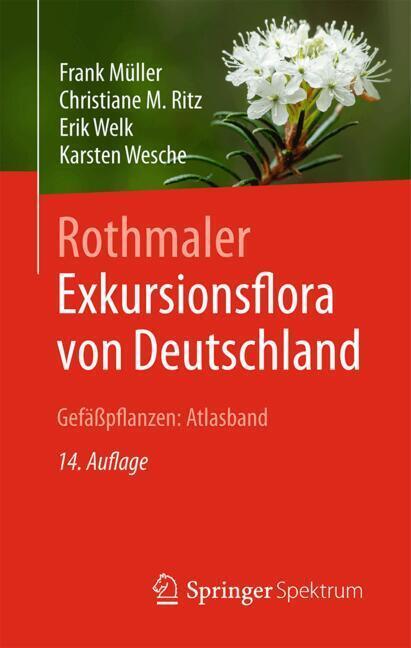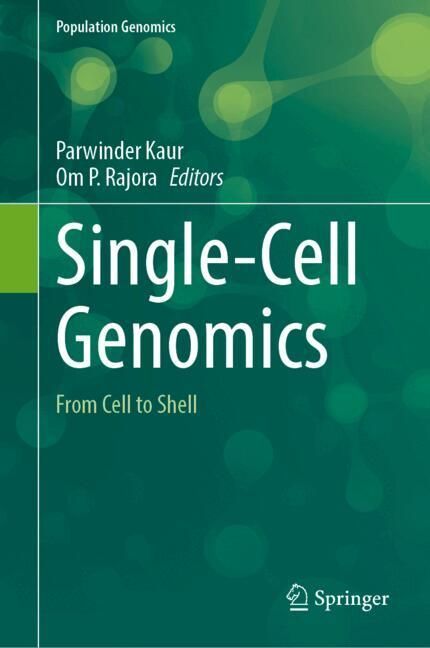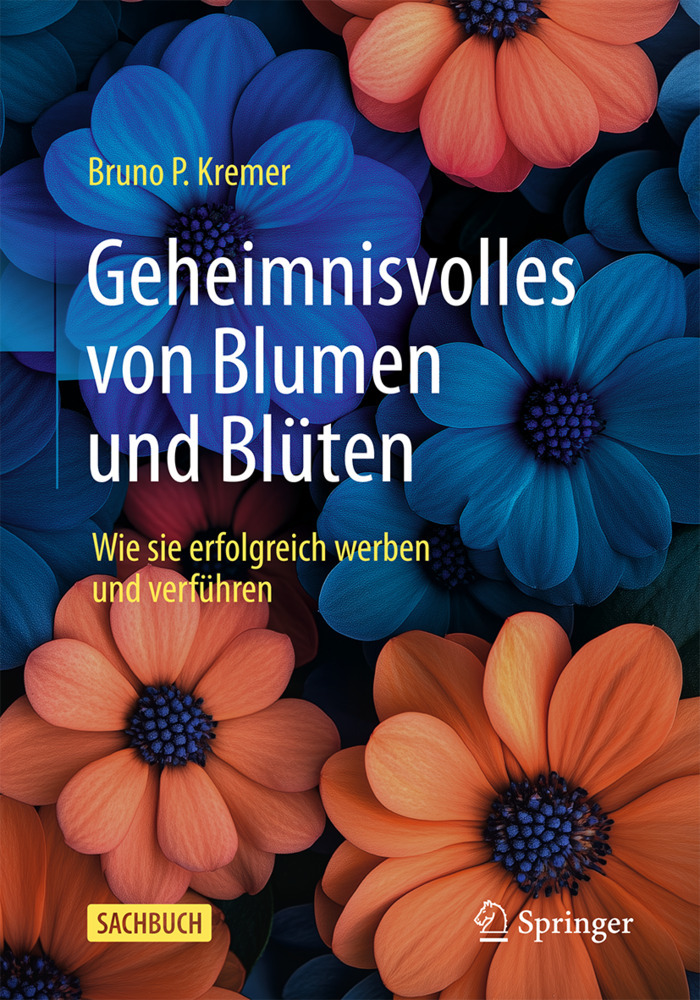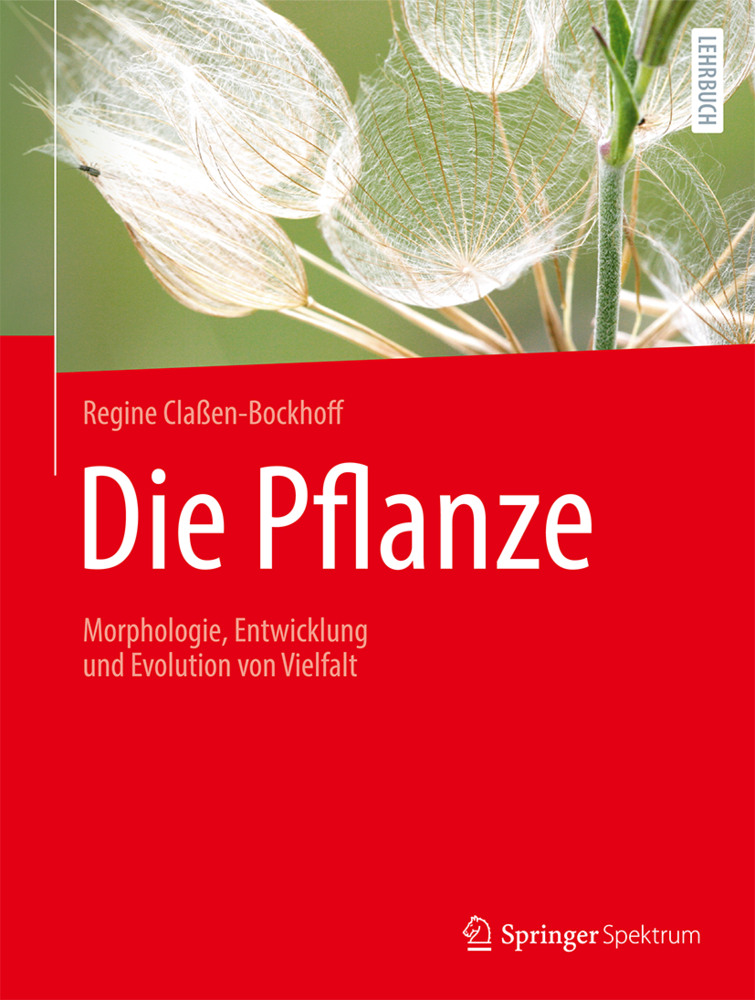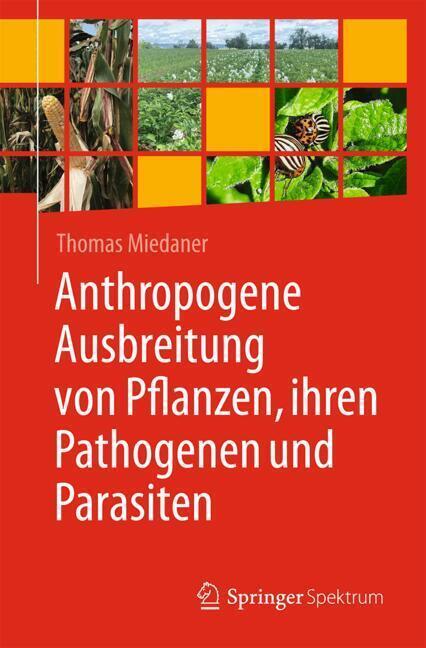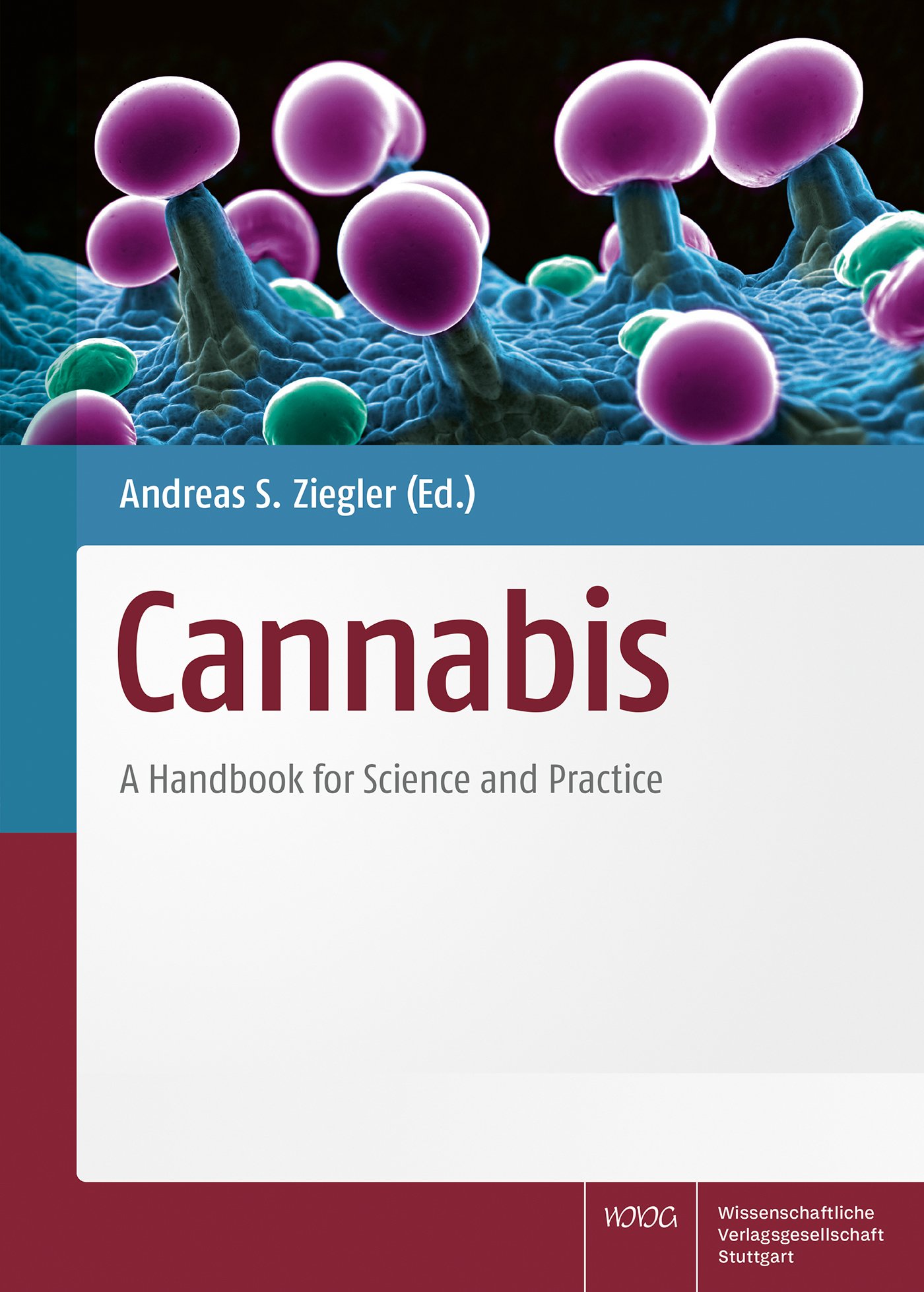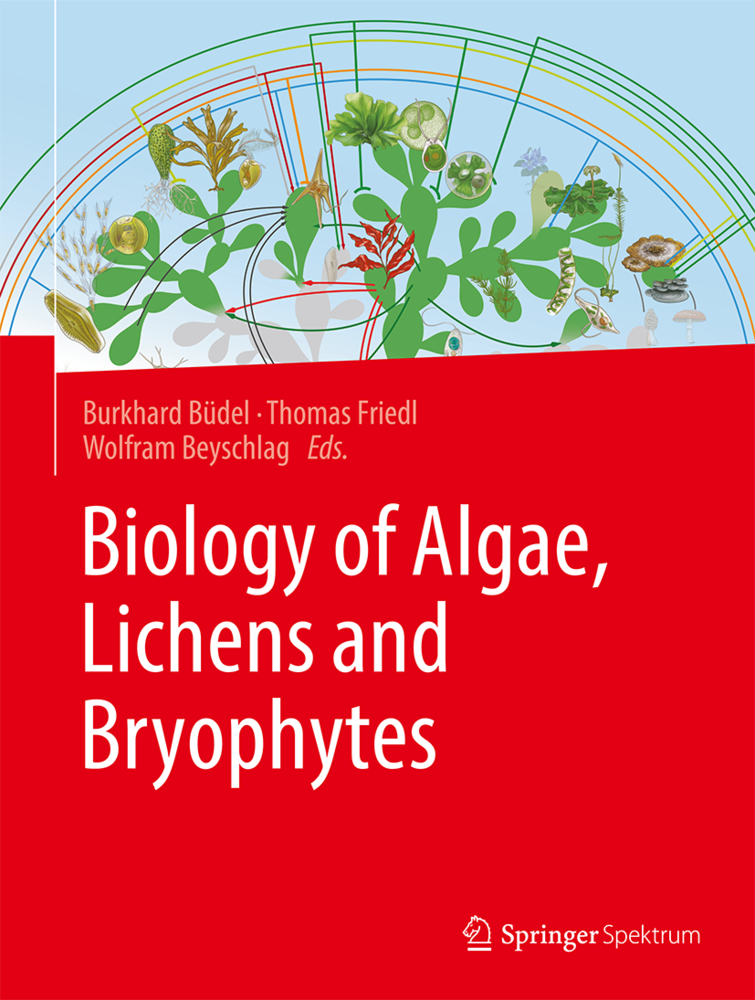Sustainable Green Chemical Processes and their Allied Applications
Sustainable Green Chemical Processes and their Allied Applications
Urbanization, industrialization, and unethical agricultural practices have considerably negative effects on the environment, flora, fauna, and the health and safety of humanity. Over the last decade, green chemistry research has focused on discovering and utilizing safer, more environmentally friendly processes to synthesize products like organic compounds, inorganic compounds, medicines, proteins, enzymes, and food supplements. These green processes exist in other interdisciplinary fields of science and technology, like chemistry, physics, biology, and biotechnology, Still the majority of processes in these fields use and generate toxic raw materials, resulting in techniques and byproducts which damage the environment. Green chemistry principles, alternatively, consider preventing waste generation altogether, the atom economy, using less toxic raw materials and solvents, and opting for reducing environmentally damaging byproducts through energy efficiency.
Green chemistry is, therefore, the most important field relating to the sustainable development of resources without harmfully impacting the environment. This book provides in-depth research on the use of green chemistry principles for a number of applications.
Biodiesel production for the sustainable development of chemical industry
Cellulose based green and sustainable energy
Design of dithienopyrrole-based organic dyes for efficient dye-sensitized solar cells: Strategies and outcome
Sonochemical production of hydrogen: A novel approach
Impact of alcohol and its blends on engine performance
Photovoltaic performance of bipyridine and dipyridophenazine-based ruthenium complexes in application of dye-sensitized solar cell sensitizers
Compressed fluids for food by-products biorefinery
Green and sustainable biomass processing for fuels and chemicals
Enriching of carotenes by supercritical desorption of buriti oil (Mauritia flexuosa Mart.) from alumina adsorbent
Utilization of bio waste in green chemistry
The role of heterogeneous catalysts in cellulose conversion to platform chemicals and biofuels
Potential of neem oil as source of biodiesel
Sustainable photocatalyst for energy and environment application
Implementation guidelines for modelling gasification processes in computational fluid dynamics: A tutorial overview approach
Sustainable cellulose based absorbents for heavy metal remediation
Recent trend in photo-catalytic water of azo dyes
Hospital effluents treatment
Solar photocatalytic treatment of tannery effluent
Modification of natural fibers by graft copolymerization and their environmental applications
Dye degradation for environmental remediation
Exploring natural coagulant application in the treatment of water for safe drinking
Sustainable technologies for the wastewater treatment generated by leather industry sector: Regulation and economic aspects
Physical and biological techniques to remediate carcinogenic Cr(VI) from industrial effluents
Separation of industrial effluents
Application of polymers in purification of industrial wastewater.-Role of disinfectants in green chemistry
Sonochemistry in green processes: modeling, experiments and technology
Biosynthesis of silymarin through plant in-vitro cultures
Chemistry for new frontiers in supramolecular theranostics
Cellulose nanocrystal aerogels: Synthesis, functional properties, and applications
Graphene oxide: An efficient, and recyclable nano catalyst for the synthesis of 2-substituted benzimidazoles from aldehydes and diamines at ambient temperature
Green synthesis of TiO2 nanomaterials photocatalyst
Green corrosion inhibitors for industrial cleaning processes
Cellulose amphiphilic materials: Chemistry, process, and applications
Oleogels and their applications
Measuring corrosion abrasion in various solid-fluid systems
Base-free conversion of aldose sugar to aldonic acid
Treatment of dairy products with conversion of useful bio-products
Green corrosion inhibitor for petroleum pipelines
Impact and challenges of polymerization
Index.
Green chemistry is, therefore, the most important field relating to the sustainable development of resources without harmfully impacting the environment. This book provides in-depth research on the use of green chemistry principles for a number of applications.
Preface
New approaches for renewable energy using metal electrocatalysts for lithium-O2 and zinc-air batteriesBiodiesel production for the sustainable development of chemical industry
Cellulose based green and sustainable energy
Design of dithienopyrrole-based organic dyes for efficient dye-sensitized solar cells: Strategies and outcome
Sonochemical production of hydrogen: A novel approach
Impact of alcohol and its blends on engine performance
Photovoltaic performance of bipyridine and dipyridophenazine-based ruthenium complexes in application of dye-sensitized solar cell sensitizers
Compressed fluids for food by-products biorefinery
Green and sustainable biomass processing for fuels and chemicals
Enriching of carotenes by supercritical desorption of buriti oil (Mauritia flexuosa Mart.) from alumina adsorbent
Utilization of bio waste in green chemistry
The role of heterogeneous catalysts in cellulose conversion to platform chemicals and biofuels
Potential of neem oil as source of biodiesel
Sustainable photocatalyst for energy and environment application
Implementation guidelines for modelling gasification processes in computational fluid dynamics: A tutorial overview approach
Sustainable cellulose based absorbents for heavy metal remediation
Recent trend in photo-catalytic water of azo dyes
Hospital effluents treatment
Solar photocatalytic treatment of tannery effluent
Modification of natural fibers by graft copolymerization and their environmental applications
Dye degradation for environmental remediation
Exploring natural coagulant application in the treatment of water for safe drinking
Sustainable technologies for the wastewater treatment generated by leather industry sector: Regulation and economic aspects
Physical and biological techniques to remediate carcinogenic Cr(VI) from industrial effluents
Separation of industrial effluents
Application of polymers in purification of industrial wastewater.-Role of disinfectants in green chemistry
Sonochemistry in green processes: modeling, experiments and technology
Biosynthesis of silymarin through plant in-vitro cultures
Chemistry for new frontiers in supramolecular theranostics
Cellulose nanocrystal aerogels: Synthesis, functional properties, and applications
Graphene oxide: An efficient, and recyclable nano catalyst for the synthesis of 2-substituted benzimidazoles from aldehydes and diamines at ambient temperature
Green synthesis of TiO2 nanomaterials photocatalyst
Green corrosion inhibitors for industrial cleaning processes
Cellulose amphiphilic materials: Chemistry, process, and applications
Oleogels and their applications
Measuring corrosion abrasion in various solid-fluid systems
Base-free conversion of aldose sugar to aldonic acid
Treatment of dairy products with conversion of useful bio-products
Green corrosion inhibitor for petroleum pipelines
Impact and challenges of polymerization
Index.
| ISBN | 978-3-030-42286-8 |
|---|---|
| Artikelnummer | 9783030422868 |
| Medientyp | Buch |
| Auflage | 1st ed. 2020 |
| Copyrightjahr | 2021 |
| Verlag | Springer, Berlin |
| Umfang | XI, 604 Seiten |
| Abbildungen | XI, 604 p. 150 illus., 94 illus. in color. |
| Sprache | Englisch |

